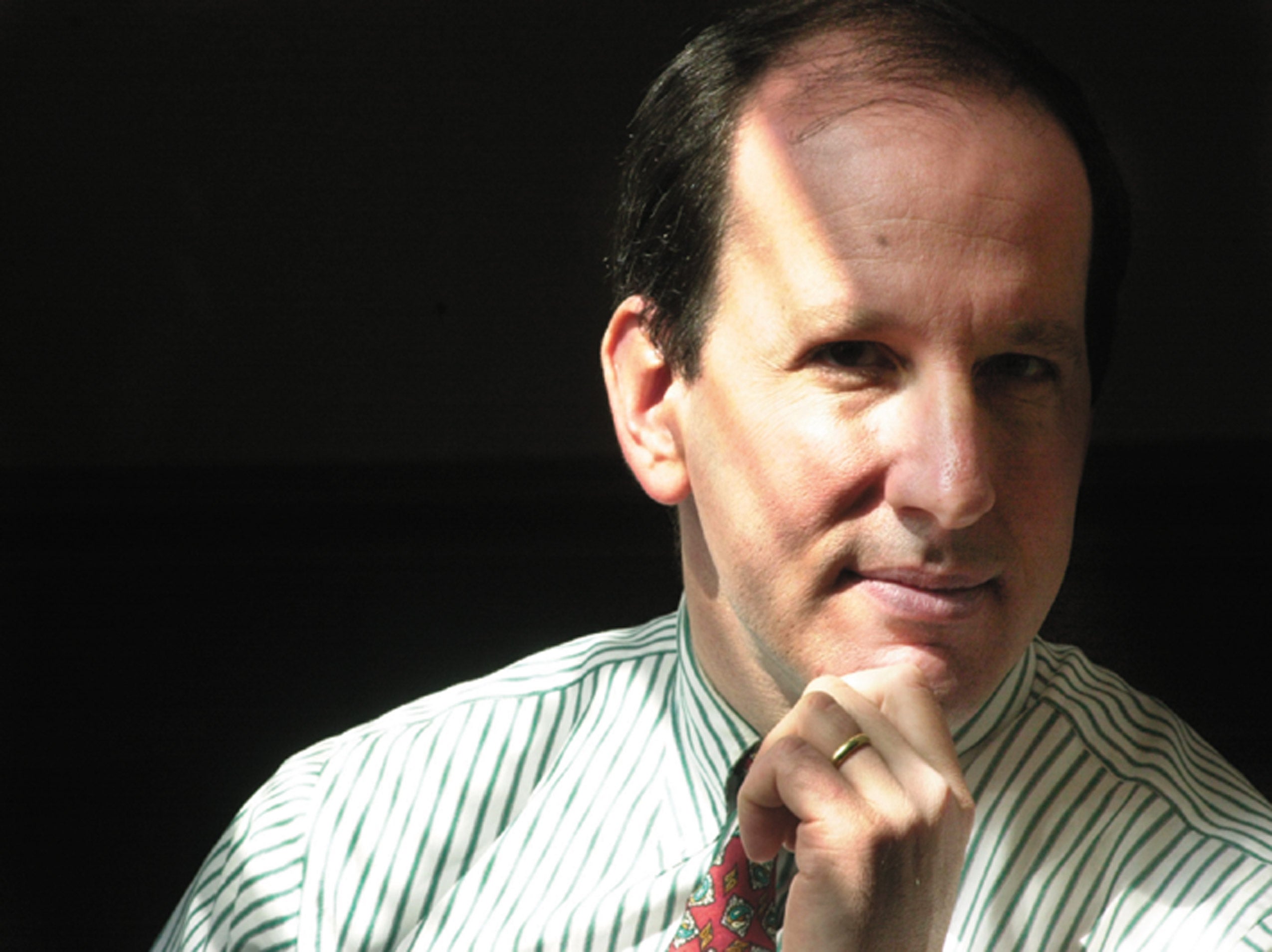Not everyone would trade a top job at the Department of Justice to teach at a brand-new law school nestled deep in the Appalachian Mountains.
But Tony Sutin ’84 jumped at the chance to make a move to the Appalachian School of Law, located in a former junior high school in Grundy, Va.
Of course, Sutin always did things a little differently.
Rather than display his Harvard Law diploma, he hung a certificate from his fourth-grade woodworking class alongside a multicolored parachute in his Hogan & Hartson office in Washington, D.C.
Every so often, he left the law firm to help underdog Democrats like Michael Dukakis ’60 and Paul Tsongas, invariably returning when his candidates lost. He finally picked a winner in Bill Clinton, joining the Justice Department’s Community Oriented Policing Services office as its general counsel and deputy director. He rose to the rank of acting assistant attorney general, running the DOJ’s Office of Legislative Affairs.
And in 1999, he left Washington for Grundy, population 1,300. He’d always wanted to teach, and the quieter pace of rural life meant more time with his family. “We wanted some of those old-fashioned qualities of life, and we have found them here,” Sutin told a local paper.
What really excited him, though, was the chance to use a law school as an engine to help jump-start Appalachia’s moribund coal economy and train public-spirited lawyers, says Kent Markus ’84, his friend since law school.
It was a school that drew a population of nontraditional law students. It required every student to perform nonlegal public service in the community.
Two times, Sutin’s students named him teacher of the year. They looked up to him as a role model, someone who didn’t just talk about public service but lived it, says Paul Lund, interim dean of the Appalachian School of Law.
Sutin signed on as dean, helping get provisional accreditation for the school. He assisted in arranging internships for students in D.C. He always left his office door–and his wallet–open for students in need.
When a student didn’t have money to cover a utility bill, Sutin found an anonymous donor to help. Rumor was, he was the donor, but Sutin didn’t like to talk about that, says Lund.
In January one of Sutin’s students, Peter Odighizuwa, allegedly shot him to death in his office. Another professor and student were killed and three others were wounded.
A Justice Department memorial service included a statement by former attorney general Janet Reno ’63, who remembered how Sutin had stood behind her “in some of the most difficult times.” And Lund remembered stopping by Sutin’s office the morning of the shooting and seeing Tony, his wife, Margaret, and their daughter, Clara. “I can truly say that Tony was a happy and satisfied man,” Lund said.
Donations to help fund the education of his children can be sent to Sutin’s wife, Margaret Lawton, c/o Judy Zins, Senior Vice President, Investments, Salomon, Smith Barney, Inc., 7272 Wisconsin Ave., 4th Floor, Bethesda, MD 20814.
